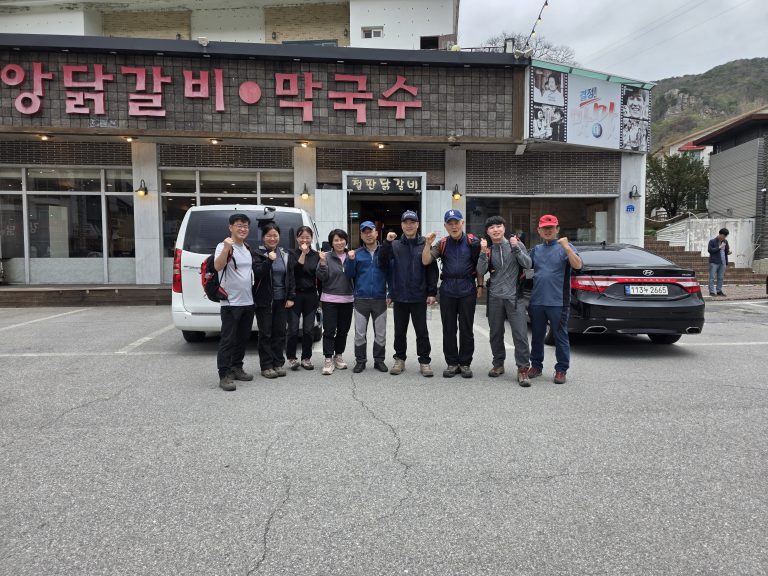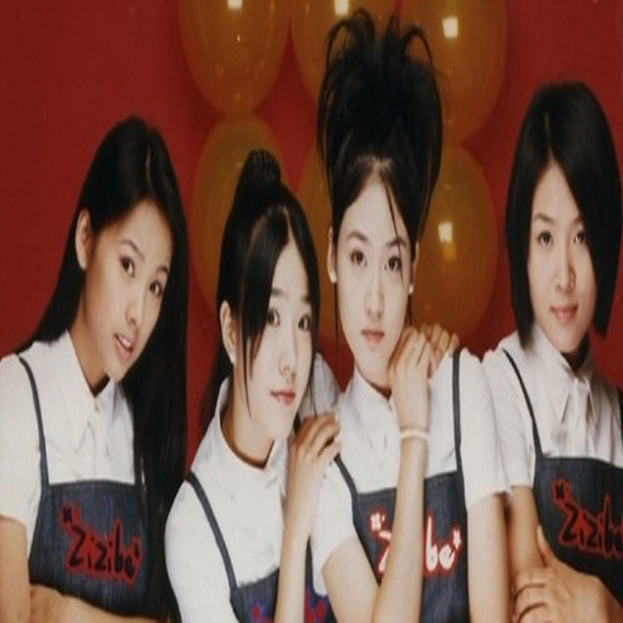Breaking Boundaries: The Global Rise of The Vegetarian
The Vegetarian (2007) explores themes of personal freedom and societal pressure through Yeong-hye’s transformation. Its global impact was amplified by Deborah Smith’s English translation, leading to the 2016 Man Booker International Prize. The visceral depiction of Yeong-hye’s dreams showcases Han Kang’s poetic yet bold style, effectively bridging individuality and conformity. Including insights into the novel’s reception in non-Western cultures could enrich its global narrative.
Memory and Mourning: Human Acts and the Echo of History
In Human Acts (2014), Han Kang juxtaposes personal and collective trauma from the 1980 Gwangju Uprising. The fragmented narrative and detailed portrayal of Dong-ho’s life and death transform grief into a poignant art form. This section could be strengthened by discussing how the novel resonates with contemporary global movements for justice and reconciliation, adding a broader societal perspective.
Shades of Existence: The White Book and Existential Reflection
The White Book (2016) uses white as a central motif to delve into life’s fragility and the continuum of existence. Everyday objects, like snow and rice, become vessels for profound philosophical inquiries, exemplifying Han Kang’s poetic precision. Adding a comparison with other works of minimalist literature could deepen the analysis of her stylistic uniqueness.
A Legacy Redefined: The Nobel Prize and Beyond
Han Kang’s Nobel Prize win is a landmark for Korean literature. Her acceptance speech highlighted literature’s role in fostering empathy and unity, with the poignant statement, “Literature is the quietest but most resilient form of conversation among human beings.” This recognition underscores her ability to universalize deeply Korean narratives. Including reflections on how this recognition might influence emerging Korean writers could provide a forward-looking perspective.






